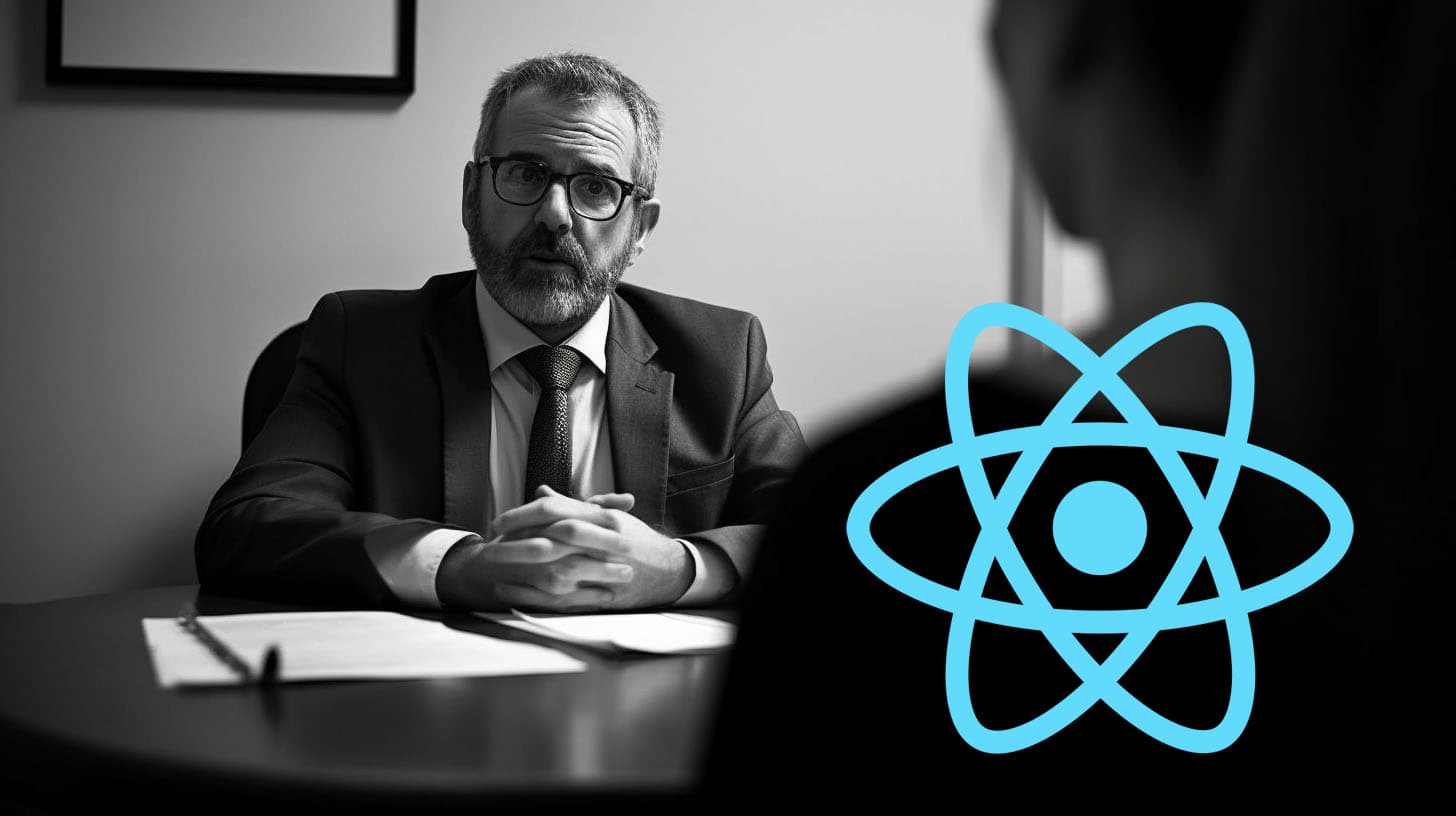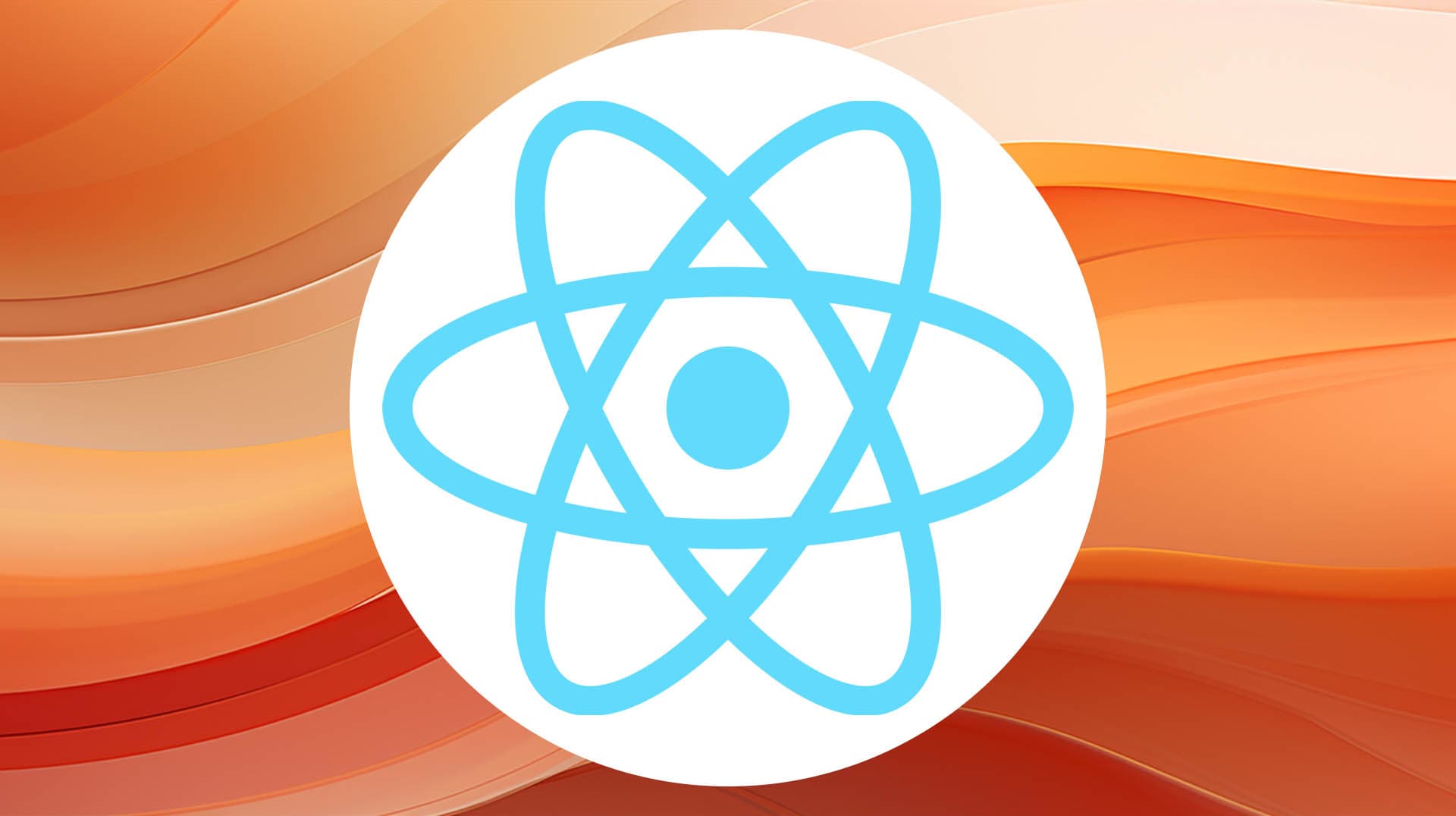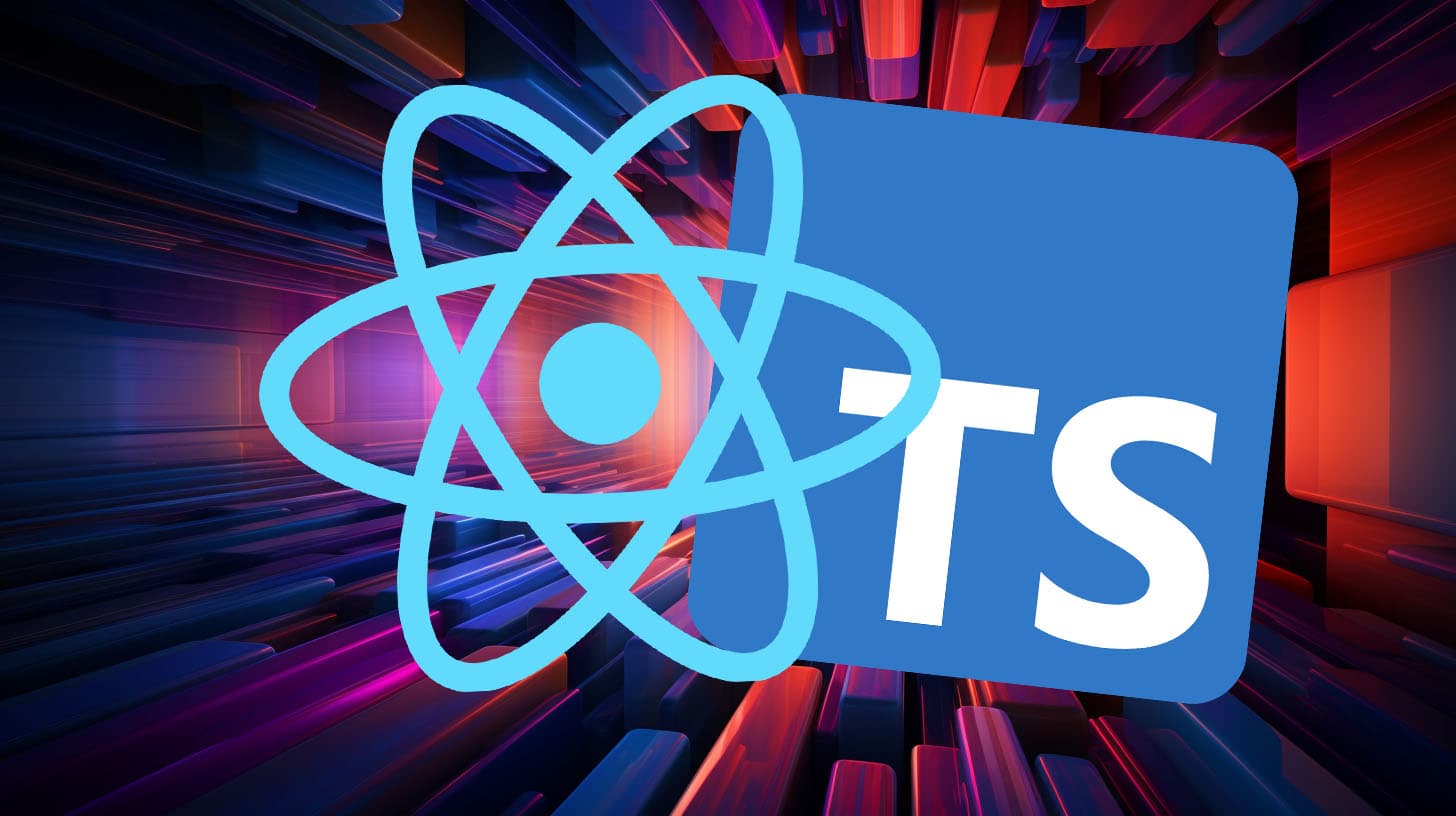How to Prepare for a React JS Job Interview: A Step-by-Step Guide for Junior Developers

So, you've been honing your skills as a junior developer, and now you're ready to tackle the job market. With React JS being one of the most popular JavaScript libraries out there, it's no surprise that you're looking for a job in this field. But how do you ace a React JS job interview?
Fear not, young padawan! In this article, we'll walk you through the entire process of preparing for a React JS job interview. From understanding the basics to showcasing your React prowess, we've got you covered. So sit back, relax, and let's dive into the world of React JS job interviews.
Step 1: Master the Fundamentals
Before you can impress potential employers with your React skills, you need to ensure that you have a solid foundation in JavaScript and web development. Make sure you're comfortable with:
- JavaScript (ES6+): Be fluent in ES6 features like arrow functions, destructuring, promises, and async/await.
- HTML and CSS: Understand how to create and style web pages using HTML and CSS.
- Web APIs: Familiarize yourself with popular web APIs like the DOM, Fetch, and Geolocation.
- Version Control: Get comfortable with Git, the most widely used version control system.
Once you've got these fundamentals down, you can focus on React-specific concepts and skills.
Step 2:Get Familiar with React Core Concepts
As a junior developer aiming for a React JS job, you should have a good grasp of React's core concepts. Here are the topics you should be well-versed in:
- Components: Understand the difference between functional and class components, and when to use each.
- JSX: Know how JSX allows you to write HTML-like syntax within your JavaScript code.
- State and Props: Learn how to manage component state and pass data between components using props.
- Lifecycle Methods: Familiarize yourself with React's lifecycle methods and their use cases.
- *Hooks: Get comfortable with the concept of hooks, and learn how to use built-in hooks like useState, useEffect, and useContext.
Step 3: Build Your React Portfolio
Now that you've got the basics covered, it's time to put your skills to the test by building a portfolio of React projects. This will not only help you practice your skills but also give you something to show off during your job interview.
Create a personal website: Build a simple website showcasing your resume, projects, and contact information. Use React to build the website, and make it responsive using CSS. Recreate popular apps: Try recreating popular apps like Instagram or Twitter using React. This will give you experience working with RESTful APIs, state management, and user interfaces. Contribute to open-source projects: Look for open-source React projects on GitHub and contribute by fixing bugs, adding features, or improving documentation. This will help you gain real-world experience and demonstrate your ability to collaborate with other developers.
Remember to publish your projects on GitHub and include live demos hosted on platforms like Netlify or Vercel. This will make it easy for potential employers to explore your work.
We help you better understand software development. Receive the latest blog posts, videos, insights and news from the frontlines of web development
Step 4: Learn the React Ecosystem
Being proficient in React alone might not be enough to land that dream job. Familiarize yourself with popular libraries and tools within the React ecosystem, such as:
- Redux or MobX: Learn how to manage application state with these popular state management libraries.
- React Router: Understand how to implement client-side routing in your React applications.
- Styled-components or Emotion: Get comfortable with CSS-in-JS libraries for styling your components.
- Axios or Fetch: Learn how to make API requests and handle responses in your React apps.
Having experience with these libraries and tools will demonstrate your commitment to staying up-to-date with the latest trends in React development and make you a more attractive candidate to employers.
Step 5: Practice React Job Interview Questions
Now that you've built a solid foundation, it's time to practice answering common React job interview questions. Some examples include:
What is the virtual DOM and how does it work in React? Can you explain the difference between controlled and uncontrolled components? How would you optimize the performance of a large React application?
What are the benefits of using React hooks, and can you provide an example of using useState and useEffect? How do you handle forms and form validation in React? There are many resources available online to help you practice React job interview questions. Websites like LeetCode, HackerRank, and Codewars offer coding challenges specifically tailored to React development. Practicing these questions will help you become more comfortable and confident in your React knowledge.
Step 6: Polish Your Soft Skills
Technical expertise is important, but don't underestimate the power of soft skills. Employers value candidates who can communicate effectively, work well in a team, and problem-solve. Here are a few tips to improve your soft skills:
Practice explaining complex concepts in simple terms. This will help you demonstrate your understanding of React during the interview. Get comfortable talking about your projects and experiences. Be ready to discuss the challenges you faced, how you overcame them, and what you learned in the process. Participate in mock interviews or pair programming sessions with friends or online communities. This will help you get used to discussing code and working collaboratively.
Step 7: Research the Company and Tailor Your Preparation
Before your interview, research the company you're applying to and tailor your preparation accordingly. Look for information about their tech stack, development methodologies, and company culture. This will not only help you understand what to expect during the interview but also show the interviewer that you've done your homework and are genuinely interested in the company.
Visit the company's website, blog, and social media accounts to get a sense of their values, projects, and industry presence. Check out their GitHub repositories to learn about the technologies they use and the types of projects they work on. Try to find any articles, interviews, or conference talks featuring their developers to gain insight into their development processes and priorities. Armed with this information, you can tailor your preparation to focus on the aspects of React development that are most relevant to the company's needs. This will help you stand out from other candidates and increase your chances of success.
Step 8: Prepare for the Day of the Interview
Finally, it's essential to be well-prepared for the day of your React JS job interview. Here are a few tips to help you make a great impression:
Dress professionally: Even if the company has a casual dress code, it's always better to err on the side of caution and dress professionally for the interview. Bring a copy of your resume, along with any other relevant materials like project demos, code samples, or references. Arrive early: Give yourself plenty of time to find the interview location, park, and mentally prepare. Stay calm and be yourself: Remember that interviews are a two-way street. They're not just evaluating you, but you're also evaluating the company to see if it's a good fit for your skills and career goals. Approach the interview with confidence and a positive attitude.
During the interview, be sure to:
Listen carefully to the interviewer's questions and take a moment to gather your thoughts before answering. Ask for clarification if you don't understand a question or need more information. Be honest about your experience and skills. It's better to admit that you don't know something than to try and bluff your way through it. Showcase your problem-solving abilities. If you're faced with a coding challenge, think aloud and explain your thought process as you work through the problem. Finally, don't forget to ask questions about the company, team, and role you're applying for. This will demonstrate your interest in the position and help you decide if it's the right opportunity for you.
In Conclusion
Preparing for a React JS job interview as a junior developer might seem daunting, but with the right approach, you can set yourself up for success. By following this step-by-step guide, you'll be well on your way to acing your interview and landing that dream job. So, what are you waiting for? Start preparing today, and soon you'll be writing React code for a living!


